Why Are Internal Links Important For Seo?
Do you ever wonder why some websites appear higher in search engine results while others remain buried in obscurity? Well, the answer lies in the world of SEO, or Search Engine Optimization. And one crucial aspect of SEO is internal linking.
But what exactly are internal links, and why are they important for SEO? Internal links are hyperlinks that connect different pages within the same website. Think of them as pathways that guide visitors and search engines through your website’s content. And trust me, they play a vital role in boosting your website’s visibility and ranking on search engines like Google.
So, buckle up as we dive deeper into the world of internal links and uncover why they’re such a big deal when it comes to improving your website’s SEO. Get ready to unlock the secrets of these hidden pathways that can elevate your website and attract more visitors. Let’s get started!
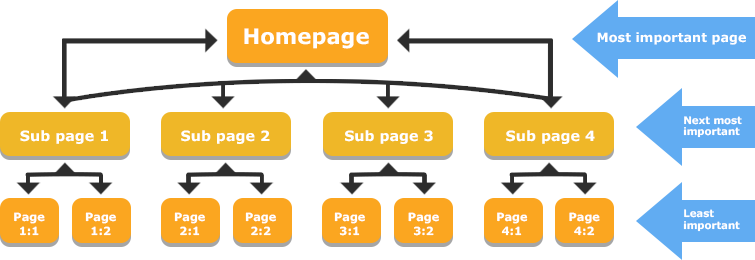
Why Are Internal Links Important for SEO?
Internal links play a crucial role in optimizing a website for search engine optimization (SEO). They are the links that connect different pages within the same website. While external links from other websites are known to boost SEO, internal links are often overlooked. However, they are equally important in improving user experience, enhancing website navigation, and increasing the discoverability of content. In this article, we will delve into the reasons why internal links are vital for SEO and how they can positively impact your website’s performance in search engine rankings.
1) Boosting Website Navigation and User Experience
Internal links act as signposts for search engines, guiding them through the website’s architecture and helping them understand the hierarchy and importance of various pages. Similarly, internal links enable users to easily navigate and explore different sections of your website. By providing internal links to related content, you can keep users engaged and encourage them to spend more time on your site.
For example, if you are writing a blog post about “Top 10 Travel Destinations,” you can internally link to your other blog posts that provide detailed information about each destination. This allows users to easily access more relevant content from within your website, making their experience seamless and cohesive.
Moreover, internal links can reduce bounce rates and increase the number of pages visited per session. When users find internal links that lead them to relevant and interesting content, they are more likely to stay longer on your website and explore further. This signals to search engines that your website is providing valuable information and can positively impact your SEO rankings.
2) Enhancing Website Authority and Relevance
Internal links help search engines analyze the structure and content of your website. They provide a framework for search engines to understand the relationships between different pages, identify the most important pages, and determine the relevancy of each page to specific topics or keywords.
When you strategically add internal links, you can showcase the most important and authoritative pages on your website. For instance, if you have a “Services” page that provides detailed information about the different services your business offers, you can internally link to this page from your homepage, about page, and other relevant pages. This signals to search engines that the “Services” page is important and should be considered when ranking your website for relevant search queries.
Additionally, internal links help distribute link equity throughout your website. When pages with high authority or backlinks are internally linked to other pages, the link juice is shared, boosting the visibility and ranking potential of those pages. This can help improve the overall authority of your website and increase its chances of ranking higher in search results.
3) Increasing Indexing and Crawling Efficiency
Search engine crawlers use internal links to discover new pages, index them in their database, and understand the relationships between different pages. By strategically placing internal links throughout your website, you can ensure that all pages are crawled and indexed, giving them an opportunity to rank in search results.
When search engines crawl a page and follow an internal link, they are led to another page on your website. This process continues, allowing search engines to explore all interconnected pages. The more internal links you have, the easier it is for search engines to navigate your website and discover new content.
However, it is important to note that excessive internal linking or linking irrelevant pages can confuse search engines and dilute the value of your internal links. It is best to create a logical and user-friendly internal linking structure that makes sense both to search engines and users.
4) Improving Keyword Relevance and Targeting
Internal links provide an opportunity to optimize your website for specific keywords or topics. By carefully selecting anchor text and linking to relevant internal pages, you can send strong signals to search engines about the keyword relevance and topic hierarchy of your website.
For instance, if you have a blog post about “Healthy Smoothie Recipes” and want to target the keyword “green smoothie,” you can internally link to another blog post specifically about “Green Smoothie Recipes.” This helps search engines understand the context and relevance of each page and increases the chances of ranking for the targeted keyword.
Moreover, internal links can create a topical cluster of related content. When multiple pages on your website are internally linked and focused on a specific topic, it indicates to search engines that your website is an authoritative resource for that topic. This can enhance your website’s visibility and overall SEO performance.
Key Takeaways: Why Are Internal Links Important for SEO?
- Internal links help search engines understand the structure and hierarchy of your website.
- They improve user navigation and make it easier for visitors to find relevant content.
- Internal links distribute authority and ranking power across your website.
- They encourage visitors to spend more time on your site, reducing bounce rates.
- Properly optimized internal links can enhance your website’s overall SEO performance.
Frequently Asked Questions
Internal links play a crucial role in SEO by connecting different pages within a website. Here are some common questions about the importance of internal links for SEO:
1. How do internal links impact SEO?
Internal links help search engines understand the structure and hierarchy of a website. When search engine bots crawl a website and encounter internal links, they follow those links to discover and index other pages. These links also distribute link equity and page authority throughout the site, boosting the SEO value of all linked pages.
Furthermore, internal links make it easier for users to navigate a website, promoting a positive user experience. This, in turn, can increase user engagement metrics like time on site and lower bounce rates, which are also factors that search engines consider when ranking a website.
2. Is it necessary to have internal links on every page?
While it’s not mandatory to have internal links on every page, it is highly recommended. Internal links help users navigate a website efficiently, making it easier for them to find relevant content and increase their engagement. Additionally, internal links allow search engines to discover and index more pages, improving the overall visibility of a website in search results.
However, it’s important to use internal links thoughtfully and strategically. Avoid excessive linking, as it can potentially confuse users and dilute the value of the links. Focus on linking to relevant pages with informative anchor text that provides context to both users and search engines.
3. Can internal links improve the visibility of older or less popular pages?
Absolutely! One of the main benefits of internal linking is that it can help to boost the visibility of older or less popular pages on your website. By strategically linking to these pages from more prominent or frequently visited pages, you can drive traffic and increase their chances of being discovered by users and search engines.
When linking to older or less popular pages, make sure the anchor text is descriptive and relevant to the content on the linked page. This will not only help search engines understand the context but also entice users to click on the link and explore the linked content.
4. Are there any best practices for internal linking?
When it comes to internal linking, there are a few best practices to keep in mind. First, prioritize relevance and context when choosing anchor text for your internal links. The anchor text should accurately describe the destination page to both users and search engines.
Second, maintain a logical site structure with a clear hierarchy. Group related content and ensure that important pages are linked from multiple pages within the site. This helps search engines understand the importance and relevance of each page.
Lastly, regularly audit and update your internal links. As your website evolves, some pages may become outdated or less relevant. Make sure to update or remove internal links to reflect these changes and improve the overall user experience and website performance.
5. What is the difference between internal links and external links in terms of SEO?
The main difference between internal and external links lies in their destination. Internal links connect different pages within the same website, while external links direct users to pages on other websites.
From an SEO perspective, internal links are within your control, allowing you to optimize them for the best user experience and SEO benefits. On the other hand, external links are recommendations from other websites, providing credibility and authority to your content. Both internal and external links are important for SEO and should be used strategically to enhance the visibility and accessibility of your website.
Is Internal Linking Getting More Important for SEO?
Summary
Internal links are important for SEO because they help search engines understand the structure of your website and the relationships between different pages. By using relevant anchor text and linking to authoritative sources, internal links can also improve the user experience and boost your website’s credibility. However, it’s important to use internal links sparingly and strategically, focusing on quality rather than quantity.
In addition to improving SEO, internal links can also help visitors navigate your website more easily and find relevant information. By using descriptive anchor text and organizing your internal linking structure logically, you can guide users to related content and keep them engaged on your site. Remember, it’s not just about adding as many internal links as possible, but rather about creating a seamless and user-friendly browsing experience for your audience.




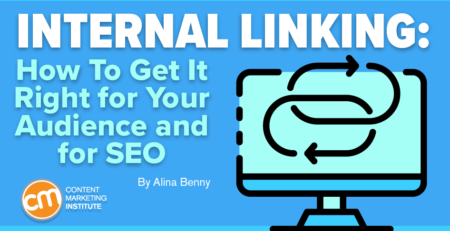

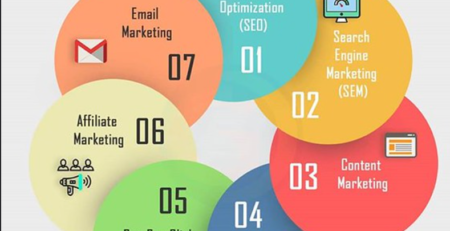
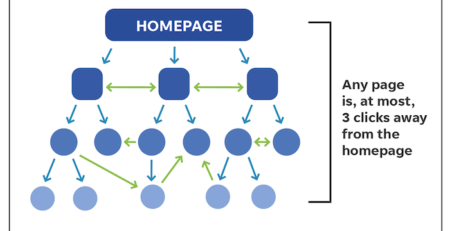
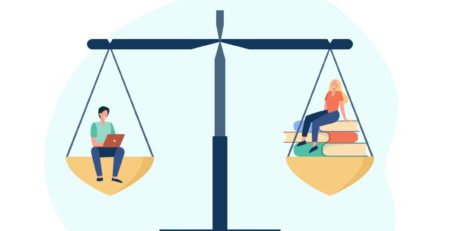

Leave a Reply